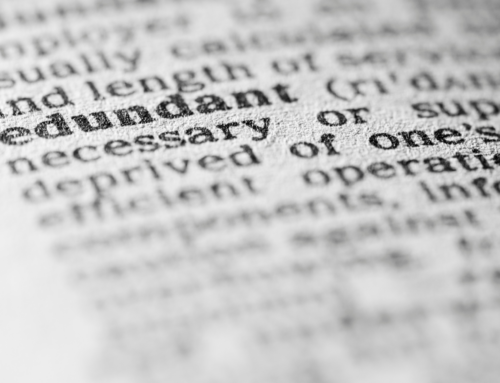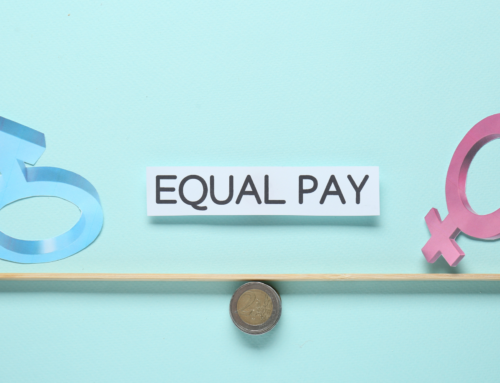According to Wikipedia.com, sleeping while on duty or sleeping on the job refers to falling asleep while on the time clock or equivalent, or else while responsible for  performing some active or passive job duty. To me, this is a fairly accurate explanation.
performing some active or passive job duty. To me, this is a fairly accurate explanation.
Nodding off while on the job may be grounds for written warnings or even possible termination of employment, and that’s if nothing went wrong while asleep. Importantly, it can be a major health and safety risk and/or neglect in duty of care leading to more serious outcomes such as serious injury, death, environmental disasters and/or criminal charges. Think, Chernobyl Power Plant explosion in 1986, the Challenger explosion in 1988 and the Exxon Valdez oil spill in 1989. Yep, each of these disasters had a sleep or fatigue factor involved.
In my career I have dealt with many cases of employees taking a ‘little nap’ while meant to be working, and even ‘sleeping through’ their meal break. Sleeping on duty can occur at any time of the day, it may be intentional or accidental. It affects productivity, also tasks and duties are neglected or incomplete and it puts immense pressure on the on-coming shift who find themselves on the back-foot. It can also be very dangerous in cases where it is an employee’s responsibly to supervise and/or prevent a hazardous situation! It also projects a very unprofessional appearance.
Fatigue, is also a dangerous factor when employees are expected to be carrying out their duties. Fatigue management is very important especially if employees are required to travel for long distances by car, work in high risk jobs or have a duty of care to others. Some engineers involved in the Chernobyl explosion had been working for 13 hours or more.
Educating your employees about sleep and fatigue is important to ensure there is a greater sense of awareness and better management of workplace risk from a health and safety perspective.
Employers can introduce sleep and fatigue management through their induction program and conduct education sessions about identifying fatigue and how to handle it. Also monitoring workers hours that are excessive is also important. Allowing employees to pick up extra shifts, and without appropriate roster monitoring, employees may have worked up to 90 hours in a week which is not only extremely excessive but also a huge risk to the health and safety of themselves and others. Last but not least, have fatigue/sleep management down as an on-going agenda item for discussion during safety meetings, this will ensure the topic isn’t forgotten about.
Having that in place, one question I have often been asked by Managers is whether an employee is allowed to sleep while they are on a break?
 Sleeping whilst on a break depends on risk assessments and the nature of your business. Firstly, breaks are designed for nourishment and physical rest…so reiterating the importance of taking breaks at the required times and for the approved duration is important for all staff. However some employers allow sleeping on breaks because for them, it improves productivity, whilst other employers prohibit the practice, in case the employee needs to attend to an emergency situation.
Sleeping whilst on a break depends on risk assessments and the nature of your business. Firstly, breaks are designed for nourishment and physical rest…so reiterating the importance of taking breaks at the required times and for the approved duration is important for all staff. However some employers allow sleeping on breaks because for them, it improves productivity, whilst other employers prohibit the practice, in case the employee needs to attend to an emergency situation.
Dealing with employees who are sleeping on the job is also a factor many employers need to be consciously aware of. Cases of sleeping on duty require investigation and following appropriate disciplinary procedures. Some workplaces have a zero tolerance with respect to sleeping on the job and often cases found to be true, lead to final warnings or termination of employment.
Should your workplace be needing any advice or guidance with respect to managing workplace fatigue and or assistance in dealing with cases of sleeping on duty, give HR Gurus a call today, it’s what we do!
Continue Reading
Get a personal consultation.
Call us today at 1300 959 560.
Here in HR Gurus. We make HR simple because it should be.





